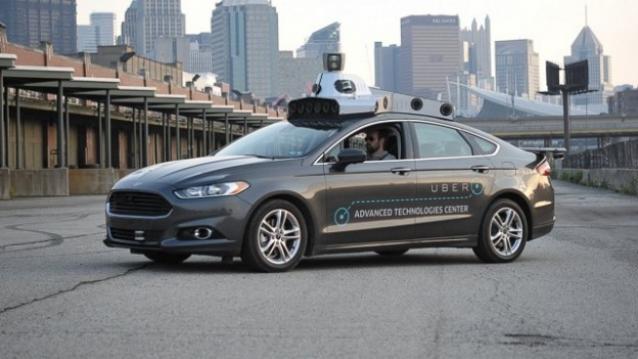NEW YORK : Nearly 40 per cent of Indians in a new study said that they would be too apprehensive to do any productive activities while travelling in self-driving vehicles.
Safety and mobility are cited as the chief advantages of self-driving vehicles, but productivity may be another.
Researchers from University of Michigan in the US asked 3,255 people what they would do with an extra hour if they did not have to sit behind the wheel in 2014.
Particpants of the study were from India, the US, China, Japan, Australia and the UK.
According to the data, nearly 40 per cent of Indians said they would be so apprehensive that they would not attempt any activities in such vehicles.
Nearly 50 per cent of Indians said they will be involved in activities that increase the frequency and severity of motion sickness.
“Currently, in the US, the average occupant of a light-duty vehicle spends about an hour a day travelling – time that could potentially be put to more productive use,” said Michael Sivak, research professor at the Transportation Research Institute.
“Indeed, increased productivity is one of the expected benefits of self-driving vehicles,” said Sivak.
Among those who would take advantage of the extra time, about 11 per cent would read, 10 per cent would text or talk with family and friends, seven per cent would sleep, six per cent would watch movies or TV, five per cent would work and two per cent would play games.
Researchers said that the performance of current restraint systems for nontraditional positions and postures being considered for occupants of self-driving vehicles (eg facing backward or sideways or lying down) and the potential of untethered objects (eg, laptops) becoming projectiles are cause for additional concern.
They also note that the average vehicle trip is short (about 19 minutes) – a rather short duration for sustained productive activity or invigoration sleep. (AGENCIES)
Trending Now
E-Paper


